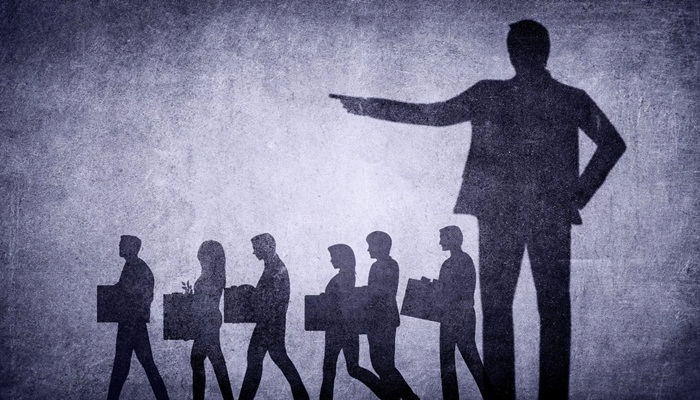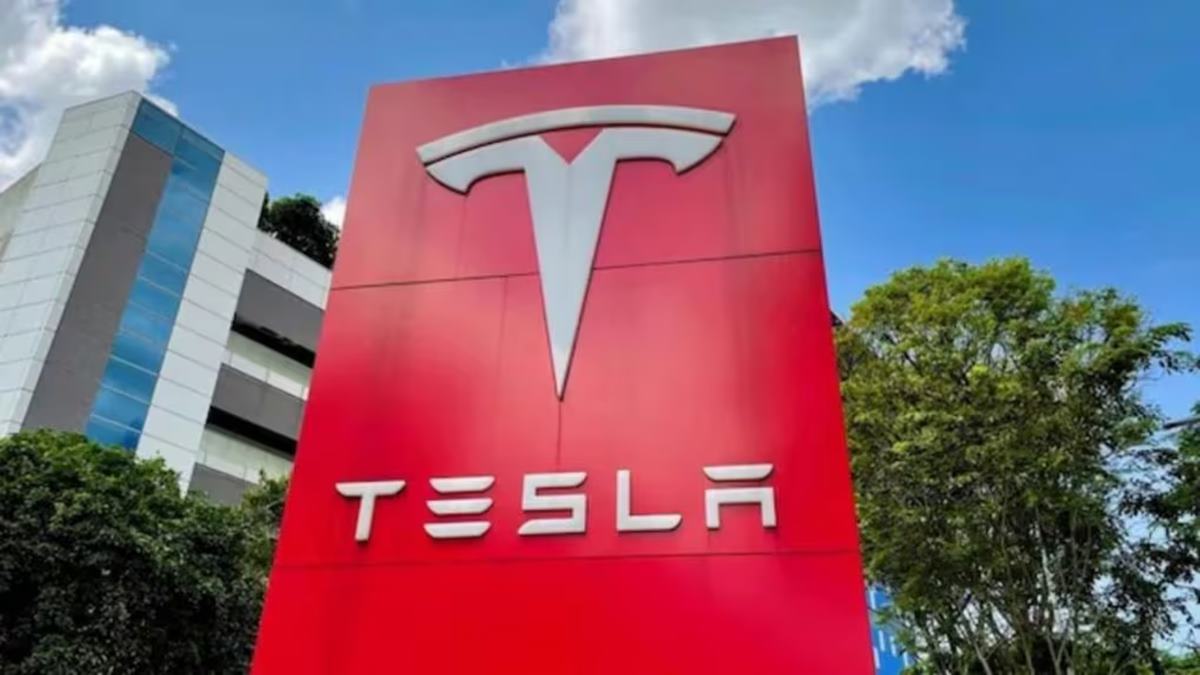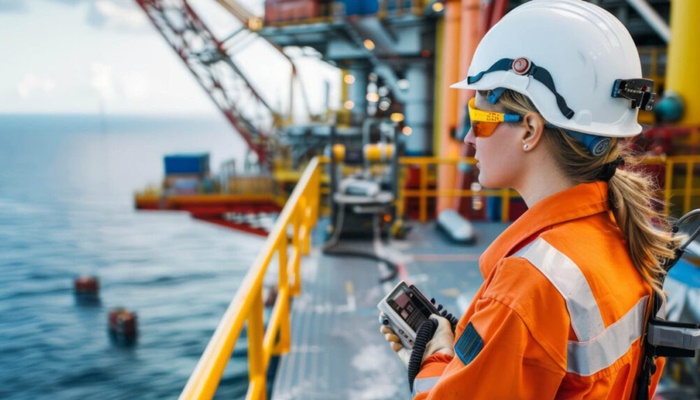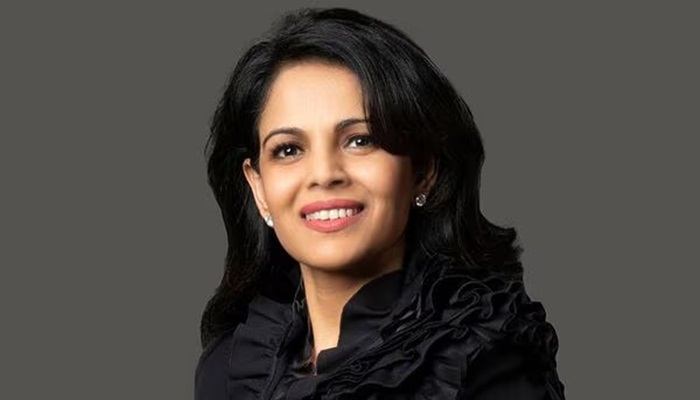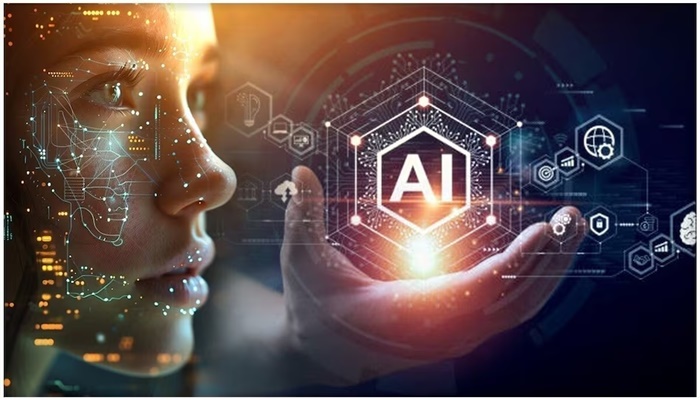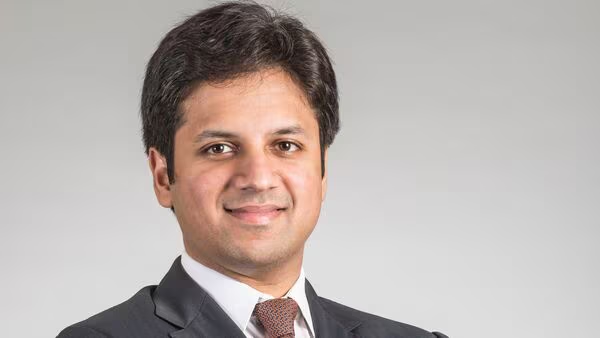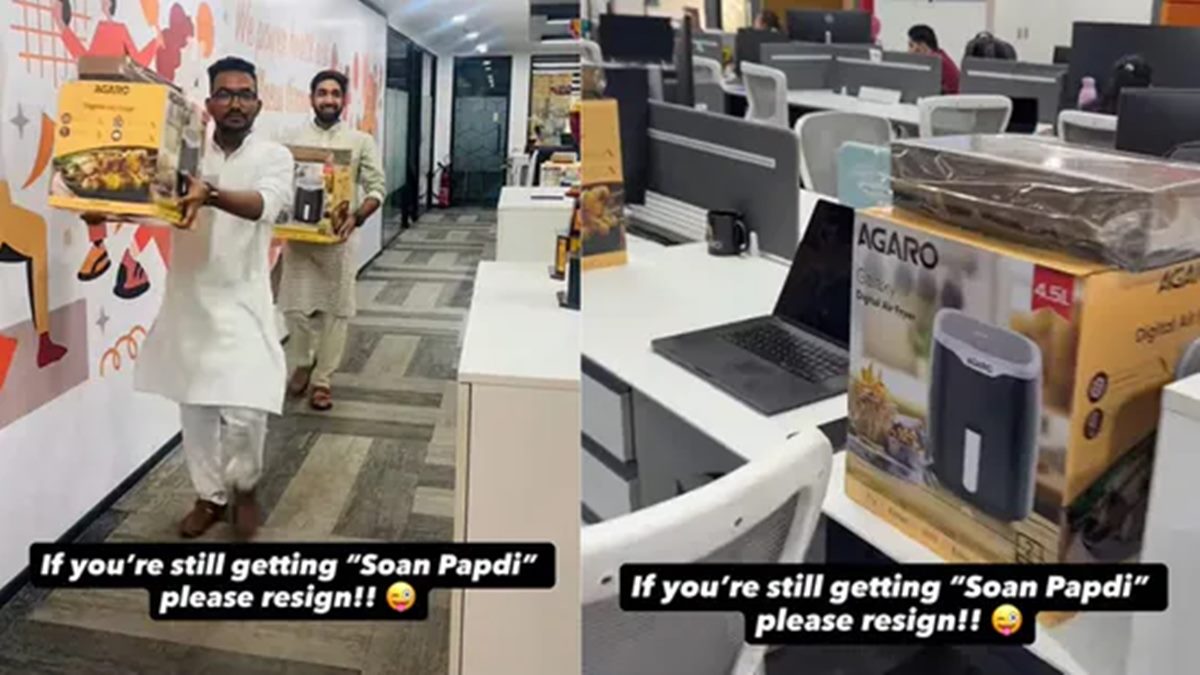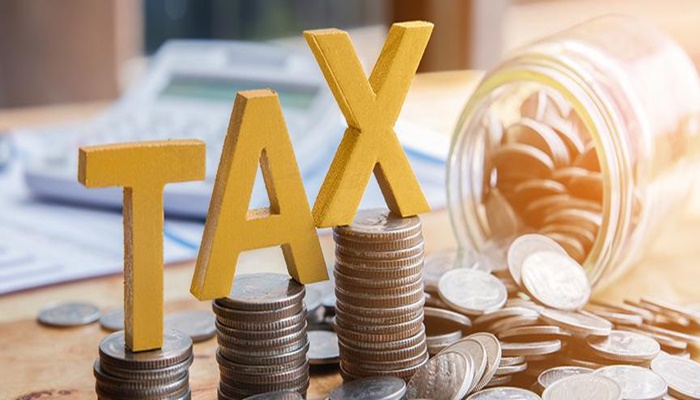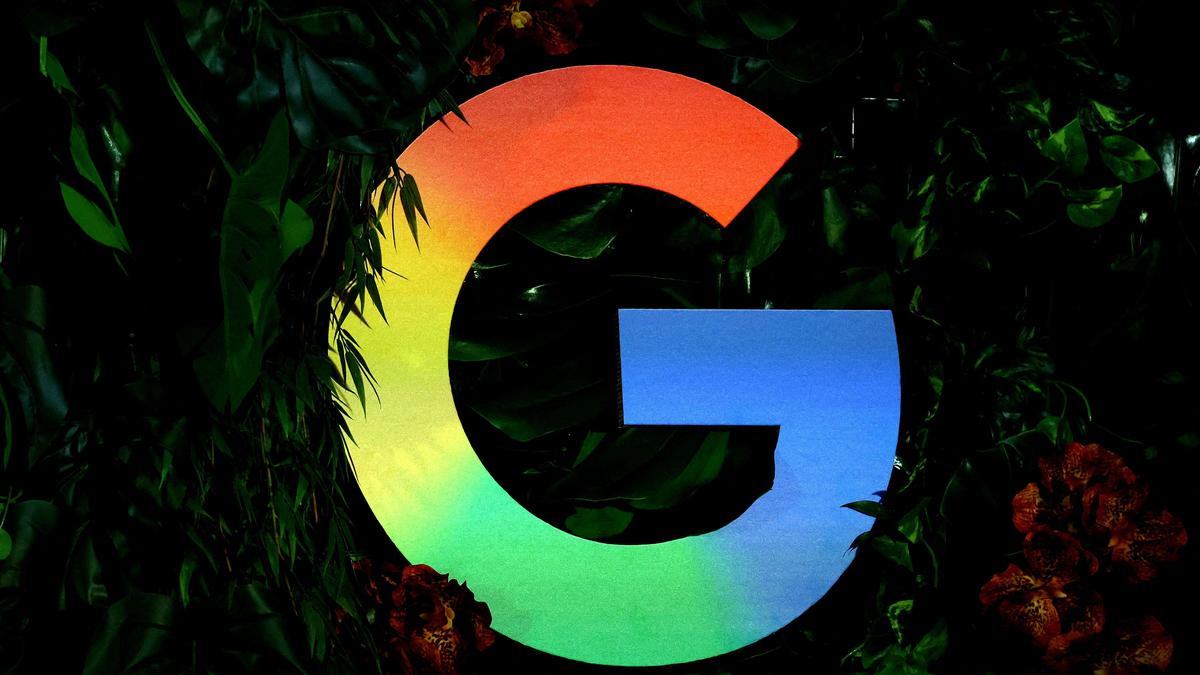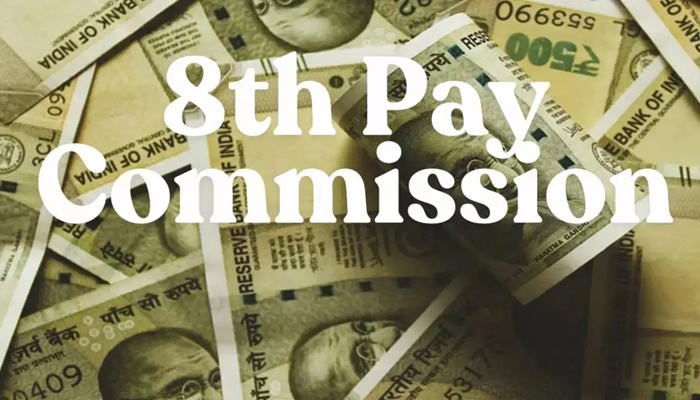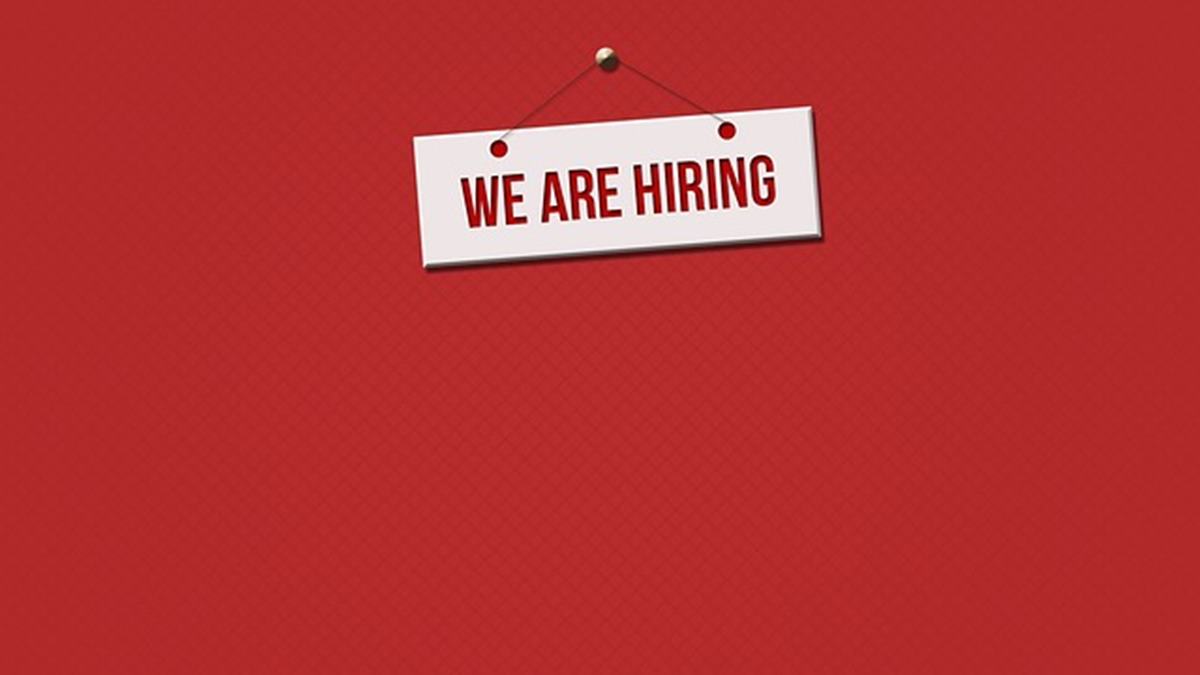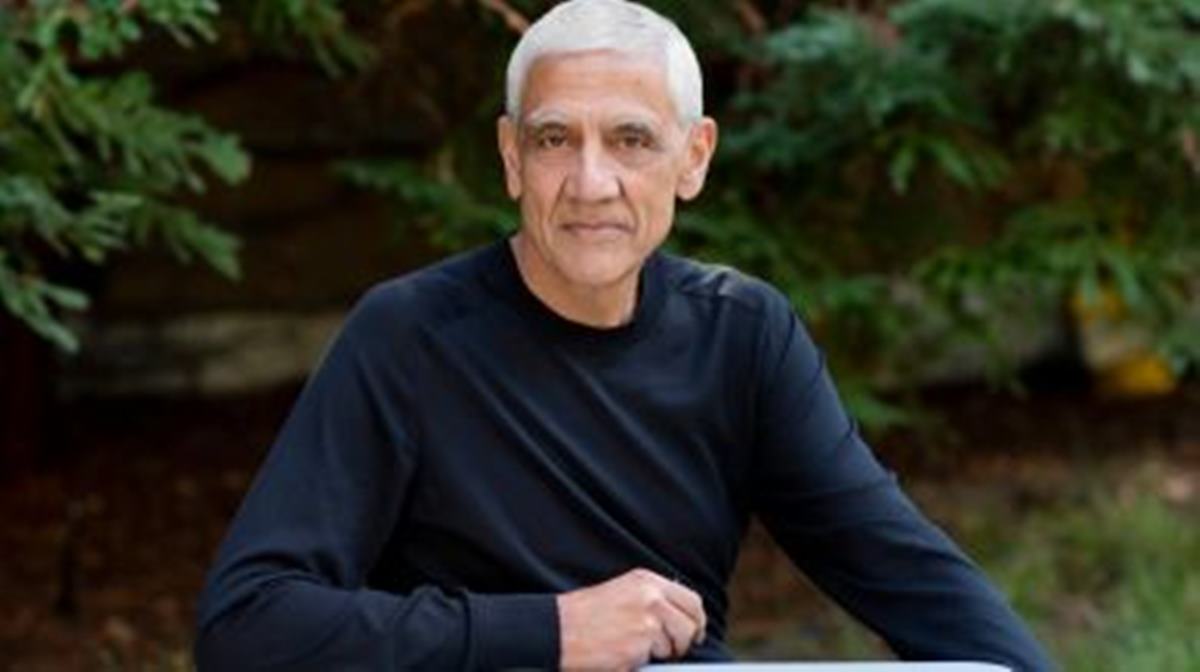“Most of the jobs in this country are really not jobs humans should have. Working on an assembly line for 8 hours a day for 40 years, or as a farm worker in 100-degree heat—that’s servitude to survival, not a job humans should have,” said legendary venture capitalist Vinod Khosla in his latest interview. He dismissed the wide-ranging concerns that workers will eventually lose a sense of purpose.
The billionaire businessman’s comments come at a time when big tech is racing to push billions of dollars into artificial intelligence technologies, amplifying both hope and fear.
Khosla was talking at the TechCrunch Disrupt 2025 where he touched on a wide range of topics about the future. He essentially predicted massive disruption across industries and at the same time called for radical new approaches to distribute AI’s wealth with displaced workers.
The 70-year-old who is one of the early investors in OpenAI with his investment of $50 million in 2018, firmly believes that every profession represents a startup opportunity. “My simplest view is that for every single profession, there’s a startup opportunity in building an AI version: AI accountant, AI structural engineer, AI chip designer, AI doctor, AI oncologist, AI marketer – you name it,” Khosla told a room full of leaders and founders.
However, he also warned aspiring founders to think carefully about defensibility (the ability of businesses to maintain their competitive advantage). “The most common question I get asked is: ‘Won’t the big models do this?’” he explained. “I joke that every time there’s a YC class, half of the startups are obsolete before they finish because the models have introduced those features.”
Khosla’s firm has shifted toward investing in AI workers rather than tools. “About two or three years ago, we decided there was more value in building workers who do the work than building tools to help a human worker,” he said, pointing to investments in Cognition and Replit over tools like Cursor. “Our thesis has been that more value is generated when you replace a $100,000 or $200,000 or $500,000 worker.”
On Fortune 500 extinction
Earlier this year, Khosla had predicted that AI will be automating nearly 80 per cent of high-value jobs by 2030 and will lead to the extinction of the Fortune 500 companies. At the latest event, Khosla reiterated that and said the AI disruption will hit hard. The billionaire went on to predict that by 2035, Fortune 500 companies will exit the list at three times the current rate of roughly 20 per year. “All that business will be taken by entrepreneurs because incumbents failed to move quickly or were skeptical about what AI will do,” he said.
According to him, this transformation will displace millions of workers. However, Khosla also proposed controversial solutions. “When Trump bought 10% of Intel, I wondered if it wasn’t a good idea to take 10% of every corporation and put it in a national pool for the people,” he suggested, acknowledging he’d “get critique for this idea.”
The investor bats for using GDP growth above 2 per cent to build reserves for displaced workers, similar to Alaska’s oil fund. “By 2035, we’ll have a hugely deflationary economy. First we’ll see GDP growth climb dramatically, well in excess of 5 per cent a year, so there will be enough abundance to share.”
On the other hand, Khosla envisions a rather utopian society where basic services become free. “What’s almost certain by 2035 or 2040: all healthcare expertise will be free and we should provide it free to everybody. All education should be free. All legal services should be free,” he said.
While talking about AI’s energy consumption, Khosla argued the technologies are not in conflict. “An inference today on ChatGPT is no more climate-consumptive than a Google search,” he said, while announcing that his portfolio company Mazama achieved “the hottest well any startup has ever created” in super-hot geothermal, capable of producing 5 gigawatts from a single site.
“At 450 degrees, you get 10 times the power per well,” he explained, adding that Mazama expects to supply its first customer in 2027


